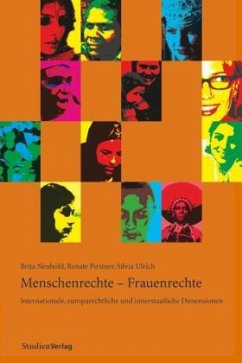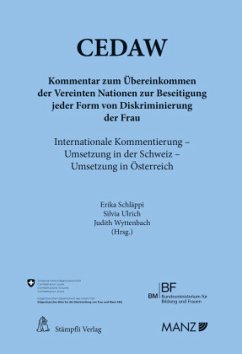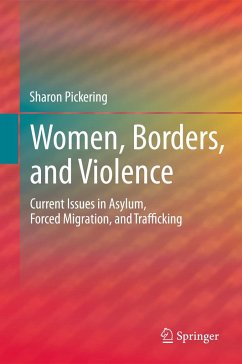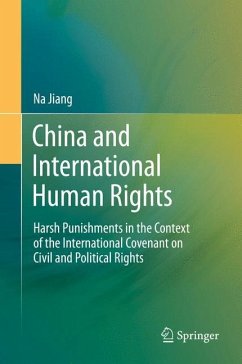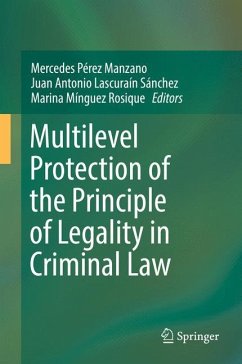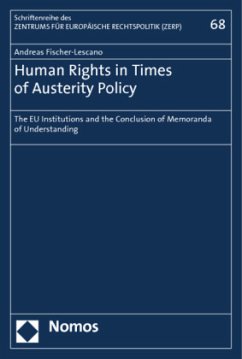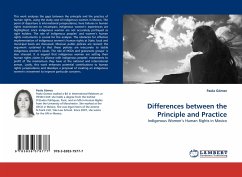
Differences between the Principle and Practice
Indigenous Women's Human Rights in Mexico
Versandkostenfrei!
Versandfertig in 6-10 Tagen
32,99 €
inkl. MwSt.

PAYBACK Punkte
16 °P sammeln!
This work analyses the gaps between the principle and the practice of human rights, using the study case of indigenous women in Mexico. The point of departure is international jurisprudence; here failures in human rights mainstream to encompass indigenous women's experiences are highlighted; since indigenous women are not accurately portrayed as right holders. The role of indigenous peoples' and women's human rights instruments is crucial for the analysis. The obstacles for effective implementation of indigenous women's human rights at State, local and municipal levels are discussed. Mexican p...
This work analyses the gaps between the principle and the practice of human rights, using the study case of indigenous women in Mexico. The point of departure is international jurisprudence; here failures in human rights mainstream to encompass indigenous women's experiences are highlighted; since indigenous women are not accurately portrayed as right holders. The role of indigenous peoples' and women's human rights instruments is crucial for the analysis. The obstacles for effective implementation of indigenous women's human rights at State, local and municipal levels are discussed. Mexican public policies are revised; the argument sustained is that these policies are inaccurate to tackle indigenous women's issues. The role of NGOs and grassroots groups' is also stressed. It is argued that indigenous women are setting their human rights claims in alliance with indigenous peoples' movements to profit of the momentum they have at the national and international arenas. Lastly, thiswork enhances potential contributions to human rights jurisprudence and develops a proposal of creating an indigenous women's movement to improve particular concerns.



